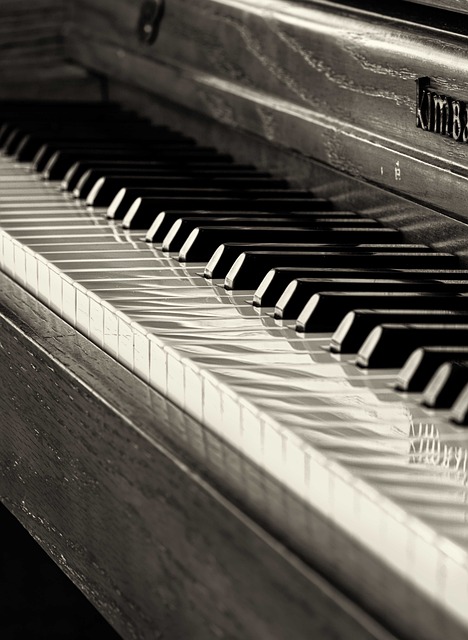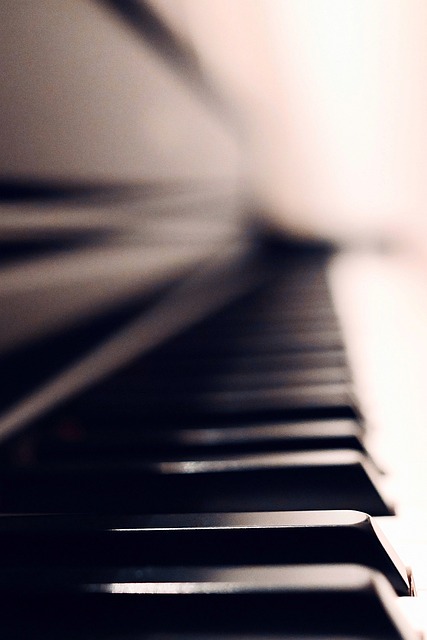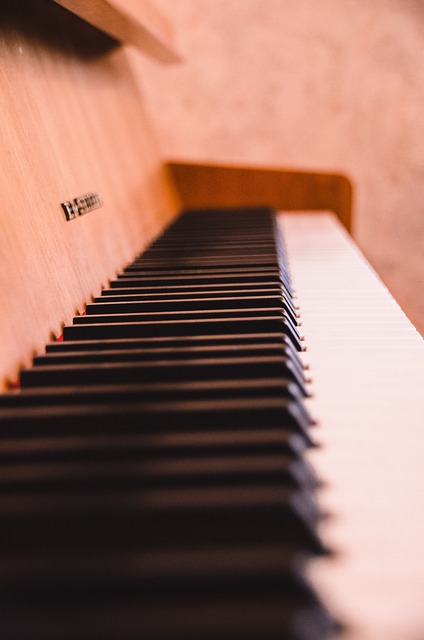Piano Classes for Beginners: Learning to play the piano is a wonderful journey that combines art, skill, and emotional expression. Whether you’ve always been enchanted by its melodious sounds or inspired by a particular pianist, starting piano lessons is exciting. However, as with any new skill, the path can come with challenges. This article is designed to guide beginners through the initial stages of learning piano, offering tips that encompass choosing the right instrument, understanding the basics of piano playing, and progressing effectively.
Choosing the Right Piano
Acoustic vs. Digital
The first decision a beginner pianist faces is choosing between an acoustic and a digital piano. Acoustic pianos offer a rich, authentic sound and a dynamic range that digital pianos often strive to emulate. However, they require regular tuning and can be expensive. Digital pianos, on the other hand, are more affordable, require less maintenance, and often include features beneficial for beginners such as built-in metronomes and recording capabilities.


Keyboard Size and Quality
For beginners, a keyboard with 88 weighted keys offers a playing experience similar to an acoustic piano, which is beneficial for developing proper finger strength and technique. If budget or space is a concern, a keyboard with fewer keys may suffice to start, but aim for at least 61 keys to have a broad range of notes.
Understanding Piano Basics
Learn to Read Music
Although some pianists play by ear, reading music opens up a vast array of literature and improves your musical understanding. Start with the basics of musical notation, including notes, rhythms, and dynamics. There are plenty of resources available, from online tutorials to books like “Alfred’s Basic Adult Piano Course.”
Familiarize Yourself with the Keyboard
Spend time familiarizing yourself with the keyboard layout—identify where the notes are, learn the grouping of black keys, and understand how octaves are structured. This foundational knowledge will enhance your learning speed.
Developing Proper Technique
Posture and Hand Position
Good posture and hand positioning are crucial for playing efficiently and preventing injuries. Sit at the middle of the piano bench, keep your back straight, and place your feet flat on the floor. Your elbows should be slightly above the keyboard, and your wrists should be flat.
Finger Exercises
Simple exercises can help you develop finger strength and dexterity. Scales, arpeggios, and simple etudes are excellent for beginners. Practicing these regularly will improve your ability to navigate the keyboard smoothly.
Practice Effectively
Regular Practice
Consistency is key in learning to play the piano. Aim for regular practice sessions, even if they are short. Daily practice is ideal, but adjust according to your schedule and stamina.
Set Achievable Goals
Set small, achievable goals for each practice session. This could include mastering a particular scale, learning a few bars of a song, or improving a specific technique. Achieving these goals can provide a sense of accomplishment and motivate further learning.
Use a Metronome
A metronome can greatly improve your rhythmic accuracy. Start slow and increase the tempo gradually as you become comfortable with the piece.


Exploring Different Genres
Classical, Jazz, and More
Don’t limit yourself to one genre. Exploring different styles such as classical, jazz, pop, and blues can enrich your playing skills and keep you engaged. Each genre has its own unique techniques and sounds.
Listening and Learning
Listen to Masterworks
Listening to skilled pianists can inspire and provide a reference for sound and style. Attend live concerts if possible, and listen to recordings of renowned pianists.
Learn from Others
If possible, participate in group lessons or piano workshops. Learning alongside others provides motivation and allows you to observe different playing styles and techniques.
Taking Care of Your Instrument and Yourself
Piano Maintenance
If you have an acoustic piano, ensure it is tuned regularly by a professional. Keep your piano clean and in a stable environment away from extreme temperatures and humidity. Digital piano owners should also keep their instruments clean and protected from dust.
Mind Your Health
Playing the piano should be enjoyable and not cause pain. If you experience discomfort, reassess your posture, hand position, or practice duration. Taking regular breaks during practice sessions can help prevent strain.
Connecting with the Piano Community
Join Forums and Social Media Groups
Engaging with other piano learners online can provide support, motivation, and valuable advice. Join forums, social media groups, or local clubs where you can share experiences and resources.
Embrace the Journey
Remember, learning piano is a journey. There will be challenges, but also moments of joy and achievement. Be patient with yourself and enjoy the process of learning and making music.
In conclusion, starting piano lessons is the beginning of a fulfilling adventure. By choosing the right instrument, practicing effectively, and engaging with the music community, you will enhance your skills and enjoy your musical journey.
